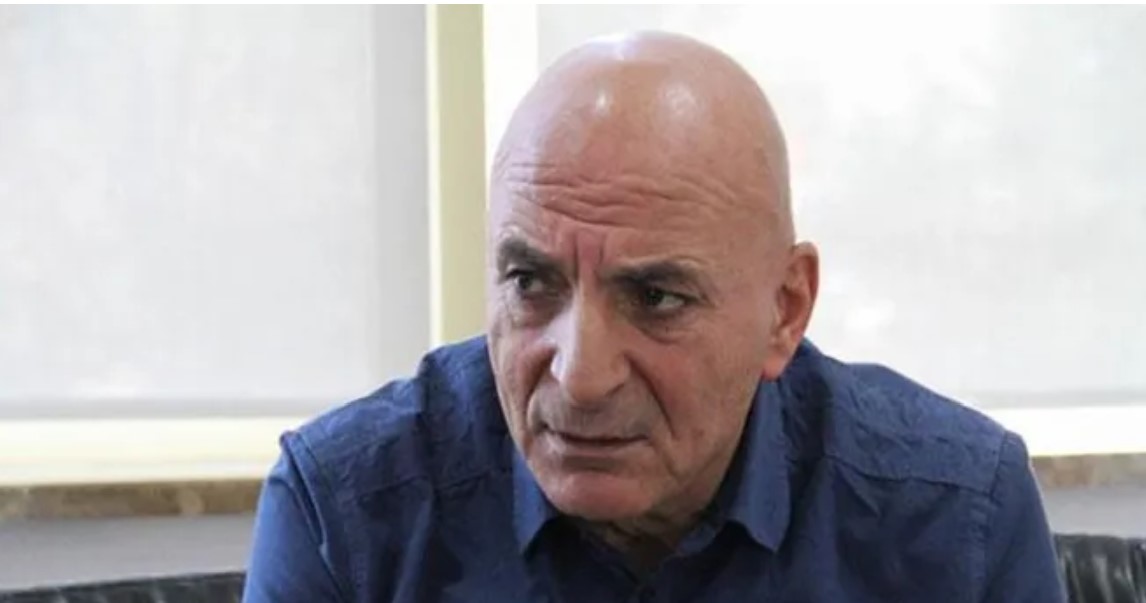Turkish financial press is abuzz about the sudden jump in Central Bank of Turkey’s (CBRT) FX reserves, which reached $15 bn in two data weeks. With retailers and corporates not selling FX, no financial inflows and no monthly current account surplus, where is the Money coming from? A grant from Qatar to help Erdogan win elections, Rosatom payments for the construction at Akkuyu nuclear power reactor, cocaine money from Turkey’s budding trans-European cartels and state banks vacuuming cash FX from the spot market are rumors that purport to explain the sources. Noted economist Mustafa Sonmez, writing for al Monitor digs into the story to come up with more rational reasons. “The central bank notes that net errors and omissions stem mostly from export revenues kept abroad and time lags in accounting records and the dissemination of relevant statistics, which, indeed, is the case in the balance of payments of any country”, he explains calmly.
“Inflows of $17.5 billion from unknown sources covered more than half of Turkey’s current account deficit in the first half of the year — and the rate could reach a record level in the coming months, underscoring how acute the country’s need for foreign investments has become.
Turkey’s current account gap widened to $32.4 billion in the first half of the year, reflecting its worsening trade imbalance due to a global rise in energy and commodity prices on top of the depreciation of the Turkish lira. Official data indicate that inflows of foreign funds, including direct and portfolio investments, were enough to finance only 8% of the gap, while 38% was met through central bank reserves and a whopping 54% by inflows of unknown origin”, starts the article.
According to Sonmez:
“President Recep Tayyip Erdogan, meanwhile, was bent on promoting growth to keep up his popular support, but that growth was driven heavily by construction and focused on the domestic market, failing to boost the foreign currency revenues of Turkey’s import-reliant economy. This trend of high foreign currency spending and low foreign currency earnings kept widening the current account deficit, while the financing of the gap had to rely increasingly on central bank reserves and foreign currency inflows of unknown origin. Global headwinds following Russia’s invasion of Ukraine in February have only aggravated Turkey’s woes”.
The role of the inflows of unknown origin has grown since Erdogan assumed sweeping executive powers in 2018 — a period widely seen as a one-man rule during which Erdogan’s economic management has further discouraged foreign investors. Such inflows peaked to $22.7 billion in 2018 when a crisis with Washington over Turkey’s detention of an American pastor sent the lira tumbling.
In the four and a half years from 2018 through the first half of 2022, inflows of unknown origin became the main means of financing a current account deficit totaling some $98 billion, official data show. Such inflows covered 45% of the gap, while the share of coverage of incoming foreign funds dropped to 23.5%. The remaining shortfall was met at the expense of burning through $31.5 billion in central bank reserves. Consequently, the lira lost 68% of its value in the same period. The price of the dollar averaged over 15 liras in the first half of 2022, up from 4.8 liras in 2018.
WATCH: Turkish Economy Won’t Survive The Winter
With the current account deficit expected to widen beyond $40 billion by the end of the year, inflows in the net errors and omissions category are likely to end up covering more than 70% of the gap and setting a new record.
The central bank notes that net errors and omissions stem mostly from export revenues kept abroad and time lags in accounting records and the dissemination of relevant statistics, which, indeed, is the case in the balance of payments of any country.
WATCH: Can The Opposition Rescue Turkish Economy?
Turkish companies that keep foreign currency holdings abroad for various reasons would sometimes bring those monies in because of operational needs and sometimes because of incentives or pressure by the government.
In recent years, Ankara has persistently sought the transfer of such assets to the country. The central bank has introduced measures aiming to force companies — primarily exporters — to bring their foreign currency holdings home. There have also been verbal admonitions to that effect, sometimes in a menacing tone.
Speaking to the Istanbul Industry Chamber in late July, central bank governor Sahap Kavcioglu said, “Companies are said to have $500 billion in nonregistered money abroad. Even if 90% of this sum is false and only 10% true, it makes $50 billion. They should convert that money.” His claim may have been met with derision but is important in terms of reading Ankara’s intentions.
In brief, there is no mystery to CBRT’s reserve accumulation. Its reserves will probably head south once again, when current account deficits widen after the departure of tourists and with the onset of heavy NG purchases for the winter….
Follow our English language YouTube videos @ REAL TURKEY: https://www.youtube.com/channel/UCKpFJB4GFiNkhmpVZQ_d9Rg
And content at Twitter: @AtillaEng
Facebook: Real Turkey Channel: https://www.facebook.com/realturkeychannel/
